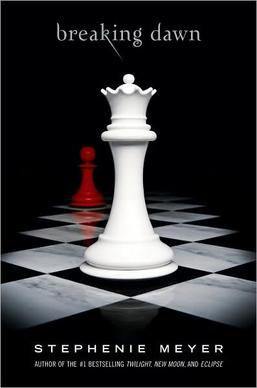Hello
everyone! It’s me, Nivetha, back with perhaps THE MOST terrifying movie in
history – Insidious (2010). Directed by James Wan, the movie is truly
insidious, uncanny and unbelievably blood-curdling! Anxiety, hallucinations,
mental trauma and sleepless nights guaranteed. So here goes:
The
Lamberts, Josh and Renai, have just moved into their new house and in an odd
turn of events, their son, Dalton, is under so-called-coma after a venture into
the conventional attic. Things begin to get uncanny when Dalton moves back from
the hospital and an exodus only seems to make things more sinister and ghastly
as specters beyond human comprehension seem to reach out for them from the
shadows: Renai meets a red-faced demon; a guttural-sounded being is speaking
into the baby monitor; faces appear on the windows almost nightly; doors open
in the middle of the night; alarms are set off and bloody handprints are found
on Dalton’s bed. Paranormal investigators Elise, Specs and Tucker inspect and discover
that Dalton can astral project (the ability to leave one’s body and venture as
a spirit) and that he has boldly travelled into The Further - a place of
congregation of the tortured souls of the dead – and that he is being held
prisoner by the Demon, who’s motive is to possess Dalton and embark on a bloody
rampage. The only key to this lies on the ability of Josh to astral project and
his willingness to venture into The Further and rescue his son, with perhaps
irrevocable consequences. Now, will he embark on a journey of no return to
rescue his son?
The
movie was undeniably weird and definitely out-of the box. When the audience has
gone so far as to accept the concept of astral projection, they might as well
let James have enough leeway to complete his imagination. The way Wan makes the
two demon investigators, Specs and Tucker, quarrel over whose job was more
pertinent certainly adds some chuckles to the otherwise nerve-frazzling movie.
My most favorite technique that James Wan used to generate a movie that can
mentally unbalance a human is how he never lets the audience rest – after a
frightening scene, he calms everything down so that the audience finally put
their guard down and suddenly, out of nowhere, comes the real horror. This
technique, albeit being dangerous to human health, can be extremely effective
for frightening anyone out of their skins.
The
main downsides to the film weren’t of the plot, but of minor mistakes of
cinematography, continuity and – odd as it may sound – spelling. For example,
at the scene where Renai walks into Dalton’s room, you can see the camera man’s
shadow briefly after her own shadow. Also, at the ending credits, photography
is spelled as ‘Photagraphy’.
On
the whole, the film is well worth a watch for someone who is ready for mental
instability and is perfectly fine to end up in a bunch of nerves (guaranteed).
After all, ‘The further you travel, the darker it gets’, doesn’t it?
*I wrote this review on 10/3/2014 but updated it today because I forgot to update it. How stupid of me.


